
“The Right to Life and Personal Liberty is the most sacrosanct fundamental right guaranteed under Articles 20, 21 and 22 of the Constitution of India. Any attempt to encroach upon this fundamental right has been frowned upon by this Court.”
Through a series of judgments, beginning from Senthil Balaji case (August 7, 2023) to quashing of the remand order of Prabir Purkayastha (May 15, 2024), the Supreme Court has been finally able to introduce as well as cement the safeguard of providing grounds of arrest to an accused being arrested under the UAPA [Unlawful Activities (Prevention) Act, 1967] as well as the PMLA [Prevention of Money Laundering Act, 2002].
Arrest under these two stringent laws has led to a violations of many of the constitutional safeguards that had been put in place to protect the rights of the accused. These rights included the right of an accused to be provided information regarding the grounds of their arrest, based of which their legal counsel for challenge the arrest of the accused. However, while arresting under PMLA and UAPA, authorities would not provide the grounds of arrest to the accused, a practice which had not previously been made mandatory by the Supreme Court of India.
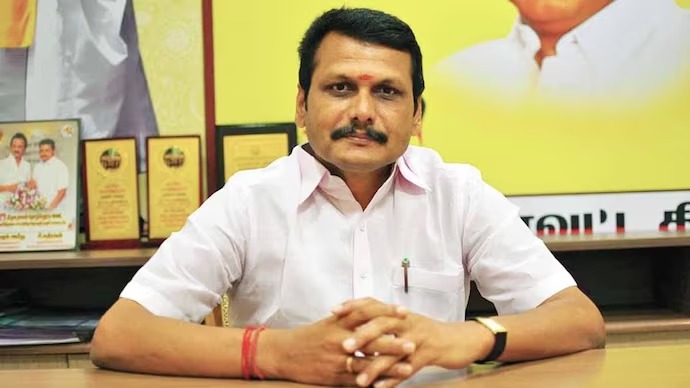
On May 15, the Supreme Court of India had declared the remand and arrest of Newsclick founder-editor Prabir Purkayastha to be “invalid in the eyes of the law”. The Supreme Court bench of Justices BR Gavai and Sandeep Mehta had set aside and quashed the remand order issued against him, justifying his arrest and police custody, under the Unlawful Activities (Prevention) Act, 1967.
Notably, the impugned remand order had been passed against Purkayastha on October 4, 2023 by a special judge at the Patiala House court for seven days of police custody. The order was challenged by Purkayastha before the Delhi High Court on the grounds that the arrest was illegal and a gross violation of his fundamental rights under Articles 21 (protection of life and personal liberty) and 22(1) & (5) (right to be informed of grounds of arrest and right to be represented by a legal practitioner) of the Constitution.
On October 13, the Delhi High Court had upheld the said remand order. Pursuant to the same, Purkayashta had moved the Supreme Court.
The Supreme Court bench had, while quashing the remand order, pointed to procedural irregularities in the case. The order of the court was based on the reasoning that the copy of the remand application was not provided to the appellant or his counsel before passing the remand order on October 4, 2023.
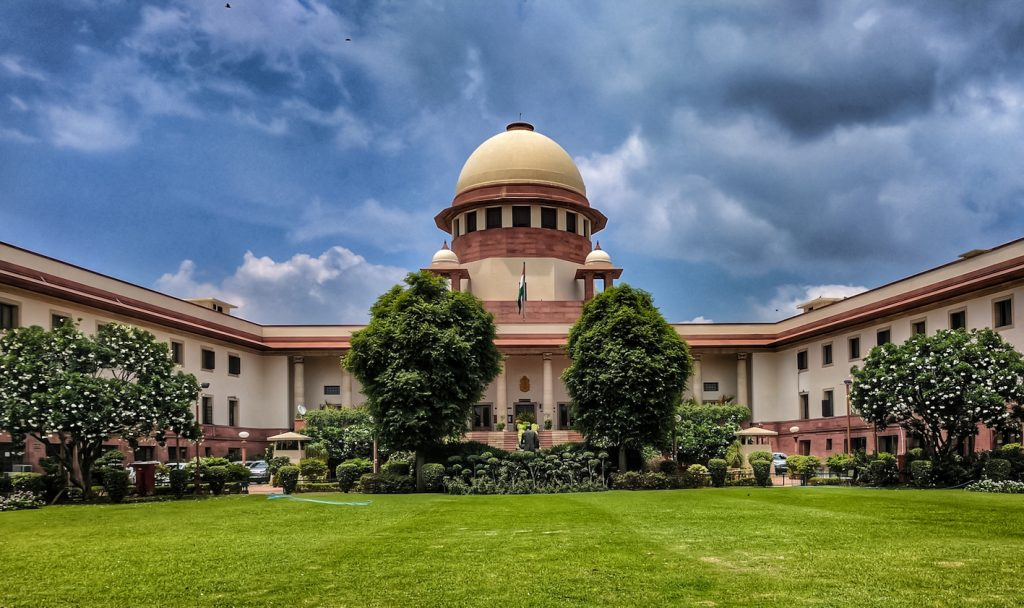
While pronouncing the judgement, the bench noted that “There is no hesitation in the mind of the Court to reach to a conclusion that a copy of the remand application, in the purported exercise of the communication of the grounds of arrest in writing, was not provided to the accused-appellant or his counsel before the passing of the remand order dated 4th October, 2023, which vitiates the arrest and the subsequent remand of the appellant. As a result, the appellant is entitled to a direction for release from custody by applying the ration of the judgment rendered by this court in Pankaj Bansal.” (Para 50)
It is to be noted that Senior Advocate Kapil Sibal, representing Purkayastha, had relied heavily on Pankaj Bansal versus Union of India and Others (2023). In this judgment, interpreting Section 19(1) of the Prevention of Money Laundering Act, 2002, the Supreme Court had held that if the grounds of arrest are not furnished to the accused person at the time of his arrest and before remanding him to police custody, the continued custody of the accused is rendered grossly illegal and nullity in the eyes of law. The reasoning behind the same formed Article 22(1) of the Constitution, which provides that “No person who is arrested shall be detained in custody without being informed, as soon as may be, of the grounds for such arrest nor shall he be denied the right to consult, and to be defended by, a legal practitioner of his choice.”
In addition to this, the judgment delivered by the Supreme Court in the case of V. Senthil Balaji vs. The State represented by Deputy Director and others (August 7, 2023) also formed a foundational stone in the argument of ‘informing’ the arrested person of the grounds for his/her arrest. In Senthil Balaji case, the Supreme Court had noted that the information of the grounds of arrest should be ‘served’ on the arrestee. While the premise was set in the said case, the Court had not elaborated on that issue as the grounds of arrest were furnished in writing to the arrested person in that case.

With the aforementioned three cases, the Supreme Court has been able to cement, and also extend the requirement to cases filed under both UAPA and PMLA, requiring the authorities to supply the accused with ground of arrest. It is to be noted that in the matter of Senthil Balaji, who was arrested under PMLA, the Supreme Court had noted that there was an absence of consistent and uniform practice that was followed by the ED as written copies of the grounds of arrest are furnished to arrested persons in certain parts of the country but in other areas, that practice is not followed. The Court had also pointed to how discrepancy on a case-to-case basis also existed as in some cases the grounds of arrest are either read out to them, while in other cases the ground of arrest is being allowed to be read by them.
But, with the latest judgment of the Supreme Court in the Prabir Purkayastha, one main thing has been established- the provisions on the ground of arrest either under the Prevention of Money Laundering Act or the Unlawful Activities (Prevention) Act have the same constitutional source, i.e., Article 22(1) and must thus be uniformly construed.
Notably, the comparison between Section 19 of the PMLA and Section 43A and 43B of the UAPA was made by the court by holding that these two provided had the same requirement to communicate the grounds of arrest to the accused being arrested. In furtherance to this, the Court had also observed that both the aforementioned provisions find their source in the constitutional safeguard provided under Article 22(1) of the Constitution of India.
Grounds of Arrest vs Reasons for Arrest: Prabir Purkayastha
In the said judgement of the Supreme Court, the bench has explained the difference between reasons for arrest and grounds of arrest. It is to be noted that it was the case of the accused that they had been arrested and provided with an arrest memo, which was in a computerised format and did not contain any column regarding the ‘grounds of arrest’ of the appellant.
The Court said that the grounds of arrest informed in writing must convey to the arrested accused all basic facts on which he was being arrested so as to provide him an opportunity of defending himself against custodial remand and to seek bail and thus, the ‘grounds of arrest’ would invariably be personal to the accused and cannot be equated with the ‘reasons of arrest’ which are general in nature.
“We find that the provision regarding the communication of the grounds of arrest to a person arrested contained in Section 43B (1) of the UAPA is verbatim the same as that in Section 19(1) of the PMLA.” (Para 18)

With this, the Court emphasised the need for the uniform application of those provisions which lay down the crucial constitutional safeguard, which finds its source under Article 22(1) of the Constitution of India, of providing the document of ground of arrest to the person arrested for committing an offence either under the PMLA or under the UAPA. In specific regards to the case of arrest and remand of Purkayastha, the Court had also rejected the submission of learned Additional Solicitor General that in a case of preventive detention, the grounds of detention need not be provided to a detenue in writing. The cold held the same to be “ex facie untenable in eyes of law”.
“Thus, we have no hesitation in holding that the interpretation of statutory mandate laid down by this Court in the case of Pankaj Bansal on the aspect of informing the arrested person the grounds of arrest in writing has to be applied pari passu to a person arrested in a case registered under the provisions of the UAPA.” (Para 19)
With the said judgment, the Supreme Court clarified every doubt regarding the supply of grounds of arrest in the writing to any person arrested on allegation of commission of offences under the provisions of UAPA. Notably, the court also held that a copy of such written grounds of arrest will also have to be furnished to the arrested person as a matter of course and without exception at the earliest.
“The purpose of informing to the arrested person the grounds of arrest is salutary and sacrosanct inasmuch as, this information would be the only effective means for the arrested person to consult his Advocate; oppose the police custody remand and to seek bail. Any other interpretation would tantamount to diluting the sanctity of the fundamental right guaranteed under Article 22(1) of the Constitution of India.” (Para 20)
In Purkayastha’s case, the Supreme Court also highlighted the procedural irregularities that took place during the entire exercise of Purkayastha’s arrest. Referring to the same as “a blatant attempt to circumvent the due process of law” the Supreme Court bench had pointed to the attempts by the authorities to confine the accused to police custody without informing him the grounds on which he has been arrested. As per the judgement, the act of depriving the accused of the opportunity to avail the services of the legal practitioner of his choice and not sending the chosen advocate the remand order and the grounds of arrest in a timely manner affected his right to oppose the prayer for police custody remand and seek bail.
“Hence, we have no hesitation in reiterating that the requirement to communicate the grounds of arrest or the grounds of detention in writing to a person arrested in connection with an offence or a person placed under preventive detention as provided under Articles 22(1) and 22(5) of the Constitution of India is sacrosanct and cannot be breached under any situation. Noncompliance of this constitutional requirement and statutory mandate would lead to the custody or the detention being rendered illegal, as the case may be.” (Para 30)
The complete judgment can be read here
What did Delhi HC say on “grounds of arrest” in Purkayastha’s case?
It is essential to note that on October 13, 2023, the Delhi High Court had rejected the plea moved by Purkayashta against the remand order, by holding that the Supreme Court judgment in Pankaj Bansal case, directing ED to inform grounds of arrest in writing to the accused, cannot be said to be squarely applicable to a case arising under UAPA. Notably, Justice Tushar Rao Gedela had held that under UAPA, the grounds of arrest need to be informed to the arrestee within 24 hours of such arrest, however furnishing of such grounds in written are not mandated under the enactment.
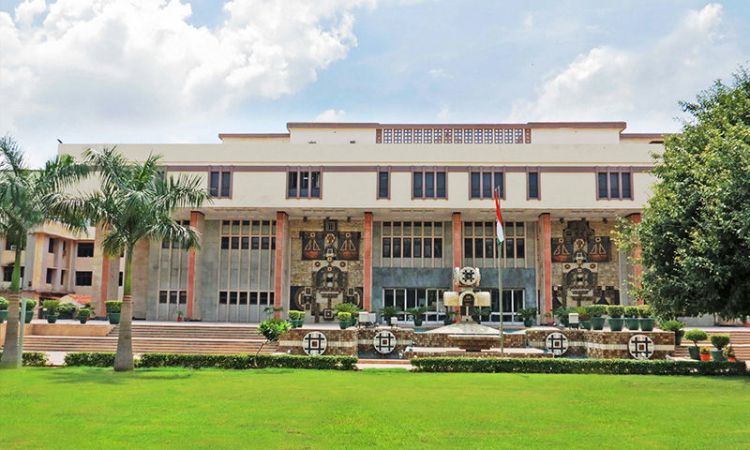
The same judgment had then been entirely overturned in the Supreme Court. Let’s look at what the Delhi HC had observed on the applicability of Pankaj Bansal case:
According to High Court, the Preamble and aims and objects of PMLA are to prevent the offence of money laundering and to provide for confiscation of property derived from, or involved in, money-laundering. Holding that the PMLA is an enactment for maintaining the internal law and order in relation to financial crimes, the High Court observed that the sensitivity of the information/intelligence being gathered by the investigating authorities under the UAPA is of a greater significance having direct impact on the issues relating to national security. In view of the same, the Court stated that the ratio laid down by the Court of providing grounds of arrest to the accused in writing in the Pankaj Bansal case, which concerned PMLA, will not be applicable to UAPA.
“Thus, the ratio laid down by the Supreme Court in Pankaj Bansal (supra) while relying upon V. Senthil Balaji (supra) which was purely in relation to the provisions of PMLA cannot, by any stretch of imagination, be made applicable, mutatis mutandis, to the cases arising under UAPA.” (Para 8)
“So far as the UAPA is concerned, no such similar statutory obligation is cast upon the authorities under the provisions of section 43A & 43B and thus, the ratio of the Supreme Court in Pankaj Bansal (supra) cannot be said to be squarely applicable to a case arising under the provisions of UAPA.” (Para 9)
The complete judgment can be read here
Cases that formed the basis of the Supreme Court judgement?
- Pankaj Bansal v Union of India
The Supreme Court of India had ruled that merely reading out the grounds of arrest by the Enforcement Directorate to an arrested person is not compliant with the procedure enshrined under the PMLA as well as the Constitution of India.
Brief facts of the case: An FIR was registered by the Anti-Corruption Bureau, Panchkula, Haryana, under the Prevention of Corruption Act, 1988 read with Section 120-B of the Indian Penal Code, 1860 for the offences of corruption, bribery and criminal conspiracy against certain accused persons, including the M3M Group and one of its promoters. The Appellants, Pankaj Bansal and Basant Bansal were promoters/directors in the M3M Group. However, they were not named as an accused in the FIR or in the enforcement case information report (ECIR) recorded by the ED.
When ED raided the properties, seized bank accounts of M3M group and arrested one of the accused persons, the Appellants, apprehending arrest, secured interim protection from the Delhi High Court by way of an anticipatory bail. The ED approached the Supreme Court assailing the protection granted by the Delhi High Court. In the meantime, the ED recorded another ECIR against the same accused persons. However, yet again, the Appellants were not named accused in the second ECIR as well. Thereafter, the ED issued summons to the Appellants to appear. Whilst the Appellants were present at the ED office on the said date, Pankaj Bansal was served with fresh summons in connection with the second ECIR to appear before another investigating officer on the same day.

Subsequently, the Appellants were arrested on the same day in terms of Section 19 of the PMLA and then taken to the Vacation Judge/Additional Sessions Judge, Panchkula. There, they were served with the remand application filed by the ED. The Vacation Judge passed an order granting custody to the ED for five days, which was later extended and thereafter they were sent to the judicial custody. Feeling aggrieved, the Appellants filed writ petitions before the Punjab and Haryana High Court, which were dismissed. The Appellants challenged the decisions of the Punjab and Haryana High Court by filing criminal appeals before the Supreme Court.
Decision of the court regarding grounds of arrest: The Supreme Court noted that Section 19 of the PMLA, under which the appellants were arrested does not specify in clear terms as to how the arrested person is to be ‘informed’ of the grounds of arrest. Thus, the Court emphasised for there to be proper compliance of Article 22(1) of the Constitution which provides that no person who is arrested will be detained in custody without being informed, as soon as may be, of the grounds for such arrest, it is also important that the mode of conveying the grounds must be meaningful.
The Supreme Court further analysed the twin conditions set out under Section 45 of the PMLA, under which an arrested person could be allowed to seek release on bail. Notably, as per Section 45 of the PMLA, bail can only be granted when the court is satisfied that there are reasonable grounds to believe that the arrested person is not guilty of the offence, and that the arrested person is not likely to commit any offence while on bail.
Emphasising upon the strict and narrow nature of the bail conditions under PMLA, the Supreme Court held that it would be essential for an arrested person to know the grounds of arrest in order for him/her to be a position to plead and prove before the Special Court that there are grounds to believe that he/she is not guilty of such offence, so as to avail the relief of bail. Through the case of Pankaj Bansal, the Court established that communication of the grounds of arrest, as mandated by Article 22(1) of the Constitution and Section 19 of the PMLA, is meant to serve this higher purpose and must be given due importance.
Furthermore, the Court had also pointed to the disparate procedure being adopted by the ED in informing the grounds of arrest to the accused. Consequently, the Supreme Court observed that furnishing written grounds of arrest to an arrested person would be the advisable course of action as it would be in line with the constitutional obligations put on the authorities. The Court also noted that a mere oral recitation of the grounds of arrest would lead to the word of the arrested person being put up against the word of the authorized officer as to whether or not there is due and proper compliance in this regard, which would defeat the whole purpose of the arrest.
In view of the above, the Supreme Court then ruled that a copy of the written grounds of arrest must be furnished as a matter of rule and not exception, thereby ensuring due compliance of the mandate prescribed under Article 22(1) of the Constitution and Section 19 of the PMLA.
The complete judgment can be read here.
- Senthil Balaji v the State represented by Deputy Director and Ors.
In the said case, the Supreme Court had held that any non-compliance of the mandate of Section 19 of the PMLA, which gives the authorities to exercise their power of arrest, would vitiate the very arrest itself. The Court had also held that such non-compliance would give benefit to the person arrested.
Brief Background of the case: A case was registered in the ECIR by the State against Tamil Nadu minister V Senthil Balaji in 2021 in connection with the cash-for-jobs scam. It was followed by a summons requiring his attendance in August 4, 2021 and October 07, 2021. A search was conducted by the Authorised Officer invoking Section 17 of the Prevention of Money Laundering Act, 2002 at Senthil Balaji premises on June 13, 2023.
Citing non-cooperation by Balaji, the authority then invoked Section 19 of the PMLA by way of an arrest on June 14, 2023. It is noted that though grounds of arrest were furnished, Senthil Balaji had declined to acknowledge them. The information pertaining to the arrest was also intimated to his brother, sister-in-law and wife. Senthil Balaji was taken to the Tamil Nadu Government Multi Super Speciality Hospital, as he complained of chest pain. His wife rushed to the High Court and filed a Habeas Corpus petition on the very same day. After the said plea was dismissed by the High Court, the petition had been moved to the Supreme Court.
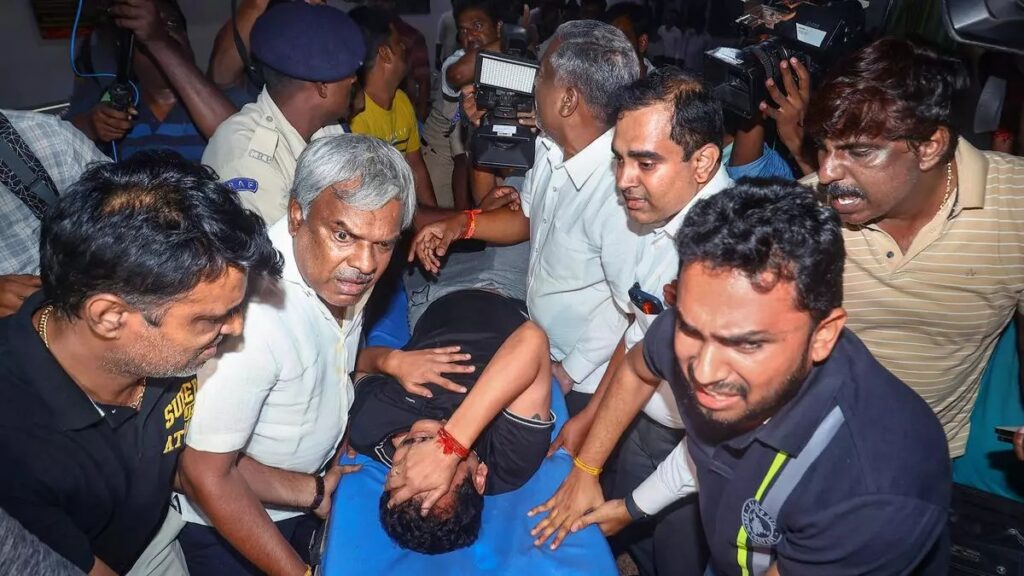
While arguments were being made in the Supreme Court in the Habeas Corpus petition, Balaji had stated that ED has not communicated the grounds of arrest to him, which would hold his arrest to be illegal. As submitted by Balaji, the grounds of arrest document and the Arrest Memo had conflicting stance. Balaji had also contended that the High Court had committed a serious error in rejecting the submission of the Petitioner with regard to non-communication of grounds of arrest.
Decision of the court regarding supply of grounds of arrest: While dismissing the writ of Habeas Corpus filed in this case, the Supreme Court had clarified in the judgment that any non-compliance of the authorities with the safeguards provided in Section 19 of the PMLA would vitiate the very arrest itself.
“To effect an arrest, an officer authorised has to assess and evaluate the materials in his possession. Through such materials, he is expected to form a reason to believe that a person has been guilty of an offence punishable under the PMLA, 2002. Thereafter, he is at liberty to arrest, while performing his mandatory duty of recording the reasons. The said exercise has to be followed by way of an information being served on the arrestee of the grounds of arrest. Any non-compliance of the mandate of Section 19(1) of the PMLA, 2002 would vitiate the very arrest itself. Under sub-section (2), the Authorised Officer shall immediately, after the arrest, forward a copy of the order as mandated under sub-section (1) together with the materials in his custody, forming the basis of his belief, to the Adjudicating Authority, in a sealed envelope. Needless to state, compliance of sub-section (2) is also a solemn function of the arresting authority which brooks no exception.” (Para 39)
In addition to this, the Supreme Court had also held it to be the duty of the Magistrate to ensure that the authorities duly follow the process that is laid down under the PMLA as well as the constitutional safeguards put in place.
“Such a Magistrate has a distinct role to play when a remand is made of an accused person to an authority under the PMLA, 2002. It is his bounden duty to see to it that Section 19 of the PMLA, 2002 is duly complied with and any failure would entitle the arrestee to get released. The Magistrate shall also peruse the order passed by the authority under Section 19(1) of the PMLA, 2002. Section 167 of the CrPC, 1973 is also meant to give effect to Section 19 of the PMLA, 2002 and therefore it is for the Magistrate to satisfy himself of its due compliance. Upon such satisfaction, he can consider the request for custody in favour of an authority, as Section 62 of the PMLA, 2002, does not speak about the authority which is to take action for non- compliance of the mandate of Section 19 of the PMLA, 2002. A remand being made by the Magistrate upon a person being produced before him, being an independent entity, it is well open to him to invoke the said provision in a given case. To put it otherwise, the Magistrate concerned is the appropriate authority who has to be satisfied about the compliance of safeguards as mandated under Section 19 of the PMLA, 2002.” (Para 68)
The complete judgment can be read here
This article “Prabir Purkayastha Case: Legal mandate for disclosing arrest grounds to PMLA/UAPA accused strengthened” was published on CJP and can be read here.


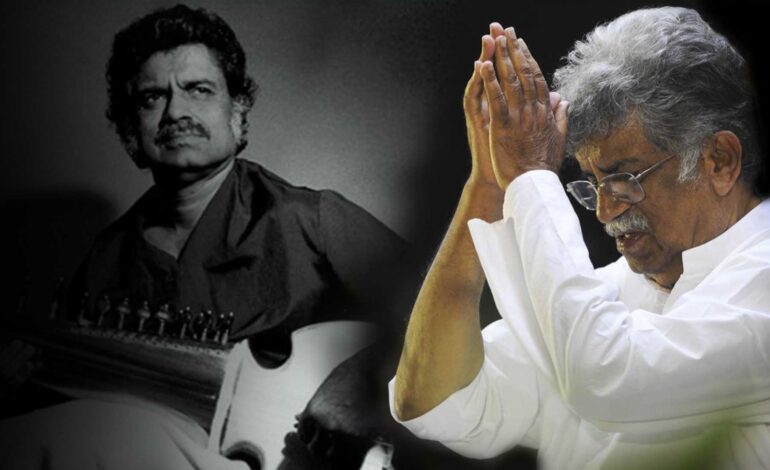
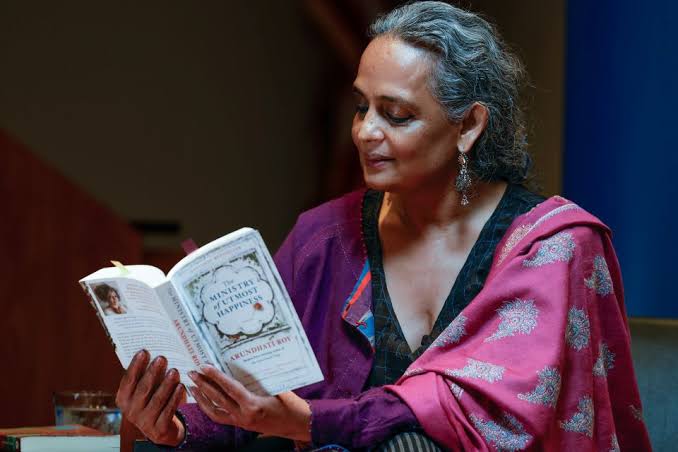



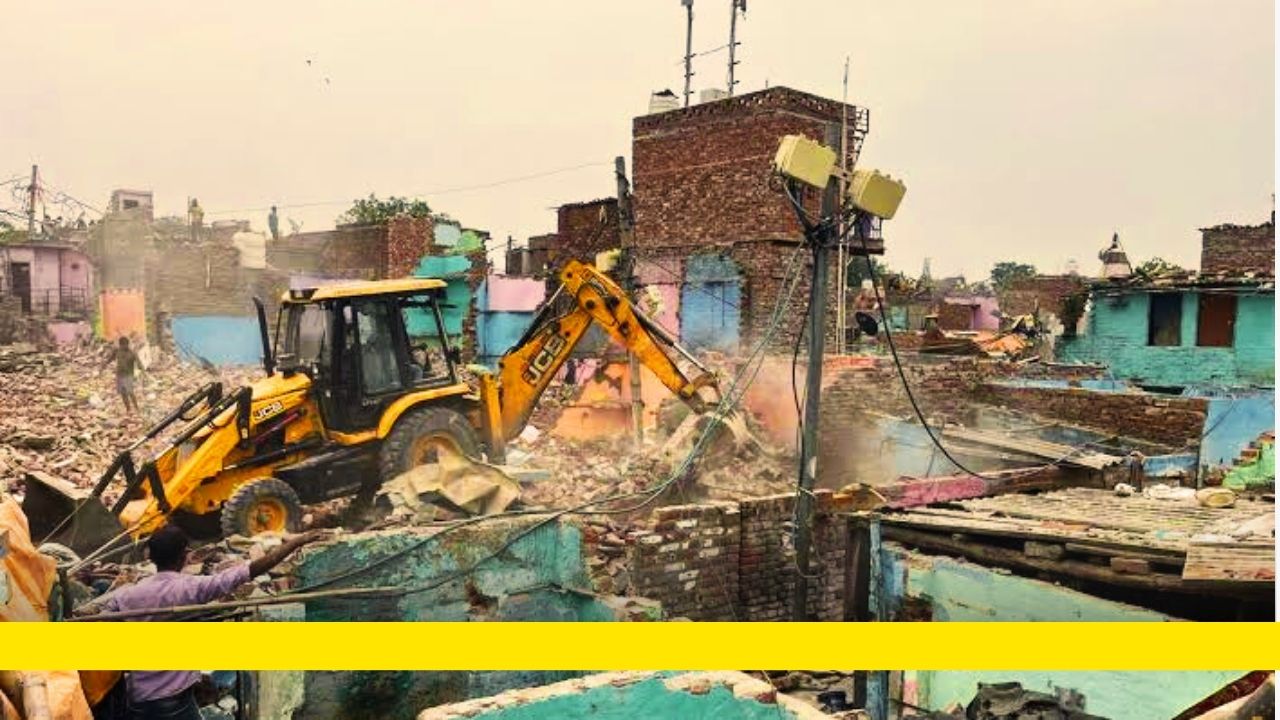




While this analysis underlines some recent developments in the judiciary related to an individual’s freedom and sees it in a positive light , we cannot be too sure that the minions in the court will do right always . There are so many cases that have shown this to our countrymen. Let’s wait to see how the courts handle the appalling decision of the Delhi LG to recommend UAPA charges against Arundhati Roy . That would be a real litmus test of integrity.
Very correct point, Mr Bagchi . Appreciate you for stating it